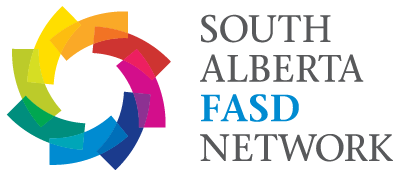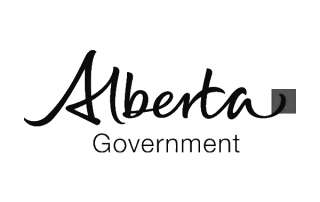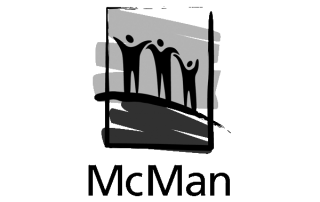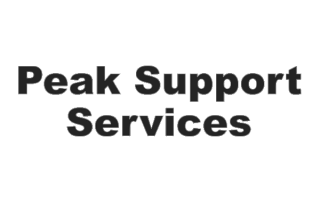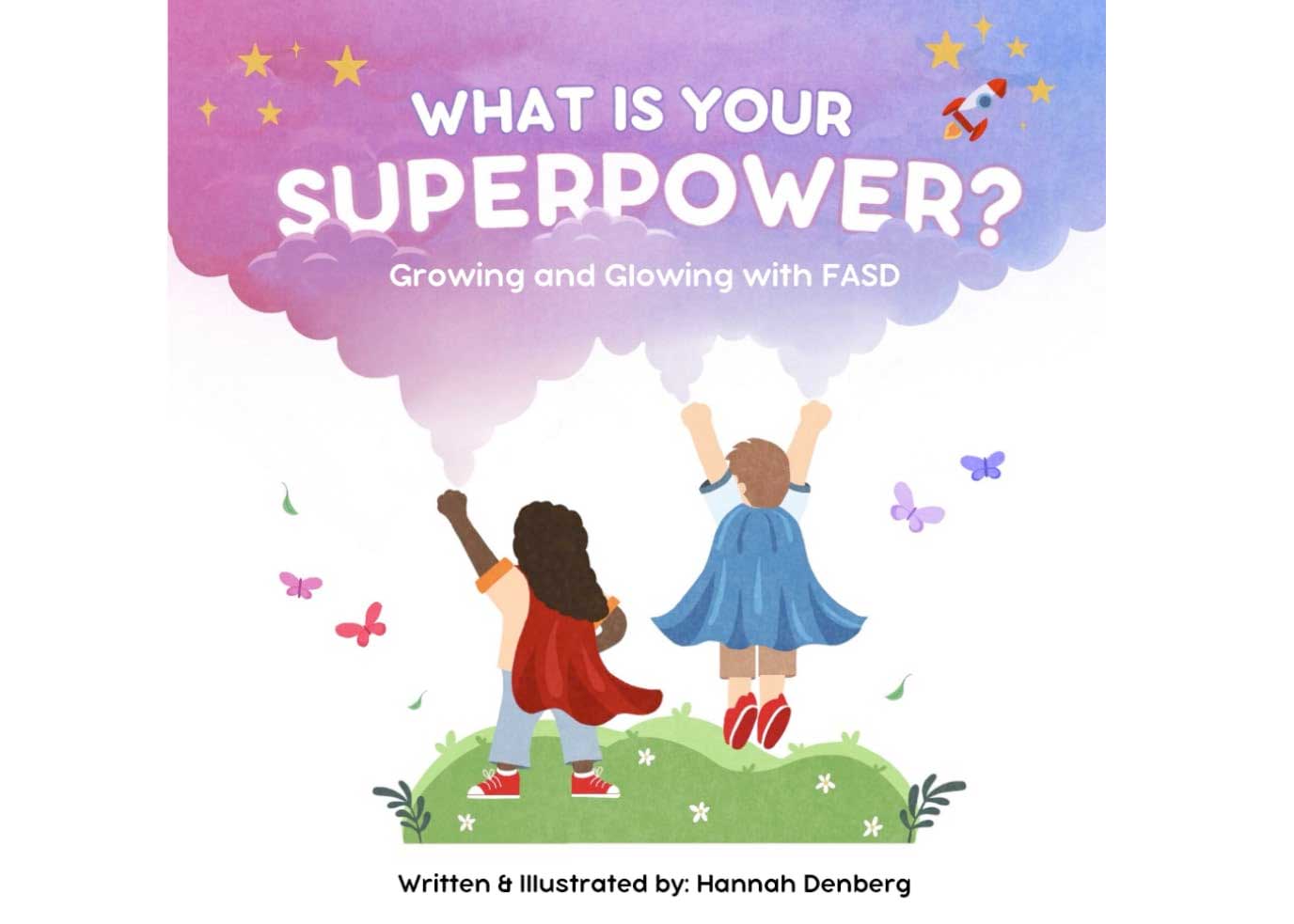
If you are the parent of a child with FASD, you probably know that many children’s books fail to represent the diverse experiences that children with FASD have. This gap in representation means that many kids miss out on seeing themselves reflected in the stories they read. That’s why we’re excited to introduce a children’s book that celebrates diversity and the ways individuals with FASD grow and thrive!
“What’s Your Superpower?” by Hannah Denberg is more than just a book; it’s an opportunity to teach children about the importance of inclusion. By sharing this story with the children in your life, you’re helping to build a culture where every child feels seen and valued.
100% of proceeds from the book are being donated to CanFASD. This means funds are going directly towards advancing research, resources, and supports for individuals with FASD, their families, and the dedicated service providers working alongside them.
If you already have a copy of “What’s Your Superpower?”, or if you don’t have children in your life, you can still support this initiative. Consider supporting us with a donation. Your contribution helps fund vital research, awareness, and support for individuals with FASD.
Original post: Children’s Book Release for FASD Awareness Month
By canfasdblog on Sep 18, 2024 07:00 am
Written by Hannah Denberg, author and illustrator of “What is Your Superpower?”.
In time for FASD Awareness Month, I’m thrilled to share the release of my book titled “What is Your Superpower?”. In honor of this year’s theme, Everyone Plays a Part, this book reflects the power of individuals with FASD, and emphasizes how we can all contribute to making a positive impact in their lives.
As a Master’s of Health Sciences student, I recognize that I have a role to play in supporting individuals with FASD and in shaping equitable environments. I also have had the privilege of focusing on FASD through both my academic research and my time as a CanFASD trainee. Collectively, these experiences have taught me the importance of support systems for individuals with FASD, and that everyone – whether it be family, friends, or the broader community – plays a critical part in this support network.
Celebrating the strengths, resilience, and growth of children with FASD
What started as a final project for the CanFASD trainee program became a passion project of mine. Drawing from my experiences and research, I set out to write a children’s book that celebrates the strengths, resilience, and growth of children with FASD. As a researcher, I am committed to using strengths-based language, and I wanted the book to reflect that. While acknowledging the challenges faced by individuals with FASD is essential, it’s equally important to shine a light on their strengths. This book finds that balance by showing how challenges can lead to success when met with understanding and support across a variety of settings.
The process of writing this book was incredibly meaningful, as it reflects a combination of my personal research experiences with lived and living experiences. By collaborating with individuals with FASD and their support person(s) throughout the process, I ensured that the story truly reflected diverse perspectives and experiences. The book’s imagery is equally significant, as it is inspired by early discussions with my fellow CanFASD trainees. As we explored what FASD means to us, many shared photos of nature, including trees, flowers, and beautiful landscapes, that symbolized resilience and growth. I aimed to capture these powerful conversations and themes through the book’s visuals, using nature as a metaphor for the ways individuals with FASD grow and thrive. Together, the storyline and imagery beautifully convey the strength of the FASD community.
A valuable conversation starter
Recognizing the importance of shaping environments that are inclusive of individuals with FASD, I wanted to create a resource not only for children, but also for families, service providers, and the broader community to foster conversations about FASD in a positive manner. While the book simplifies FASD in a way that’s understandable for children and young readers, it can still serve as a valuable conversation starter for service providers, community members, and families. This book is not designed to offer comprehensive information or guidance, but rather to introduce key ideas in a way that encourages further exploration.
I’m hopeful that this book will inspire greater awareness, spark conversations, and encourage readers to embrace and celebrate differences. This month and onward, let’s all contribute toward a more understanding and supportive environment for individuals with FASD – Order your copy on Amazon today!
100% of proceeds are being donated to CanFASD to help advance research, resources, and supports for individuals with FASD, their families, and the service providers working alongside them.

Hannah Denberg is a Master’s of health sciences student at Wilfrid Laurier University. She is dedicated to promoting health equity and well-being for individuals, communities, and populations. As she continues her work in the field of FASD, Hannah hopes to contribute to meaningful change for individuals with FASD, their families, and the professionals working alongside them.
The post Children’s Book Release for FASD Awareness Month appeared first on CanFASD.




